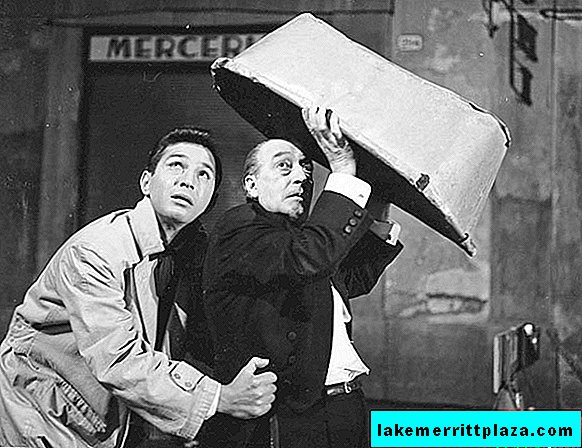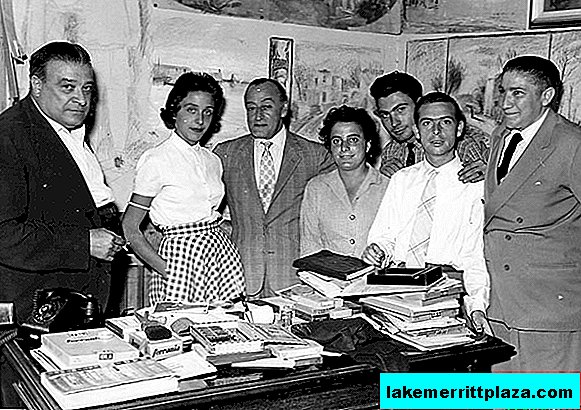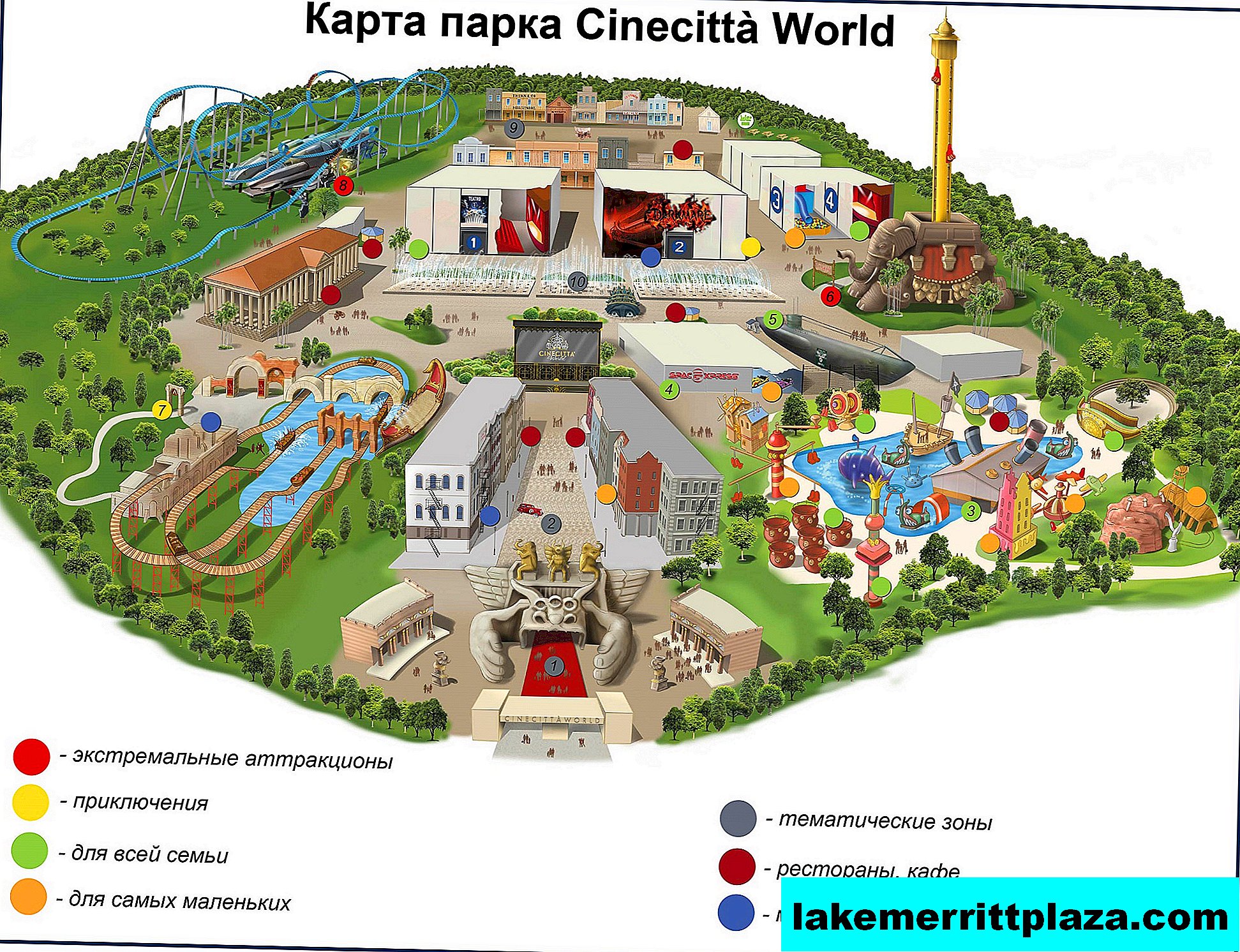Have you ever heard of Focas Flavio Angelo Ducas Room De Curtis Bisanzio Galliardi?
Not? So do I.
But this is exactly the name of the great and unique Italian comedian and director, Italian Chaplin, a famous philanthropist with an amazing fate worthy of Dumas pen, a man with an amazing face who was simply called in Italy - Toto.

It is strange that we, the inhabitants of the former Soviet Union, do not know Toto at all. And if someone knows, it’s only in connection with the name of Fernandel, Toto’s partner in films. It is strange because the USSR had a special love for Italy, let’s recall at least chelentanomania.
Yes, and good translations of films with the participation of Toto (and he played a huge number of roles in cinema and theater), alas, we do not. Indeed, in order to convey at least a tenth of the intonation with which Toto plays, one must be the very actor of the greatest comic talent of the scale of Arkady Raikin.
You know, it happens that once you see something, you don’t find the strength to break away from it. So it happened with me.
I decided to cook cannelloni with ricotta and spinach. And so as not to be bored, I turned on the TV. What I saw made me revise the immediate plans for my culinary exploits. I saw a game that literally nailed me to the screen. A small man with a crazy, unprecedented charisma played so that I woke up only when the film was over. No, I didn’t play! He lived, lived in all his might, with pleasure and joy, generously sharing them with the audience.

It was Toto.
In my beloved southern Italy, or rather, in Naples, Toto’s hometown, he is not only respected and respected, but truly worshiped, despite the fact that Toto has not been around for about 50 years. Neapolitan old-timers with great pleasure will show you the routes that Toto liked to walk, restaurants where he dined with friends, bars, houses where he visited.
For example, if you go through the entire luxurious, even slightly pompous Neapolitan embankment to the end, pass all the hotels, then you will go directly to the pier, to the famous Zi Tereza restaurant. One of the locals will necessarily, as if casually, deliberately casually say, they say, yes, he liked to sit here Toto, and how generous he was, Signora ....

You can sit down at a table, order one of those soft, vanilla-smelling still warm zeppolas that only know how to make Naples, a cup of coffee and imagine this noisy, a little crazy and as different Naples as it could be 50 or 70 years ago, like in films with Toto.
Actually, you only have to change the costumes for the characters, because the main Neapolitan flavor has not gone away. A city-theater in which there is everything: brilliance and poverty, sophistication and simplicity, sincerity and deceit. But about Naples a bit later ...
Toto - Naples legend, for example, is told that Toto, already a famous and wealthy actor, remembered his impoverished childhood, and secretly put money to the poor under the threshold of the house, generously distributed liras during numerous trips.
The fate of Toto is amazing. His mother, a poor Neapolitan, fell in love with the noble Marquise de Curtis. The fruit of this love was Antonio, Toto, as they later called him. The Marquis recognized his paternity when Toto was already 20 years old. Then his swift and brilliant career began. Dozens of films, performances, published collection of poems, songwriting. It seems that everything that Toto's light hand touched began to sparkle with some special joy of being, Italian lightness and irony shine through everything.

And at any Neapolitan book collapse, you will surely come across a Toto biography book, luxuriously published, with tabs and photographs, as well as souvenirs with an image of his memorable face with a slightly sad smile, like that of all comedians.
"Public opinion research is based on the false premise that the public has an opinion," said Toto.
But in our case, the public opinion about Toto is unanimous. Applause! Bravo!








